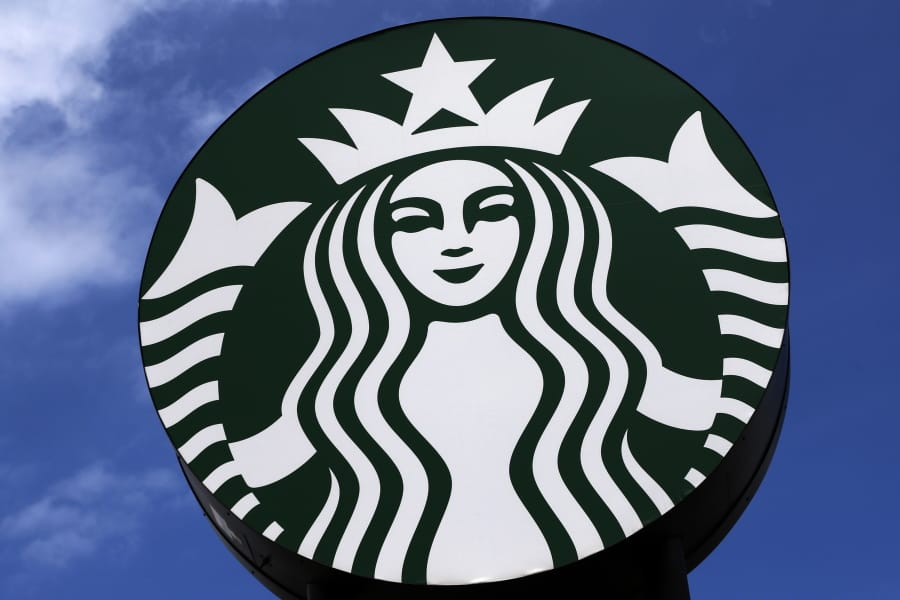When Starbucks landlord Leon Brooks got a letter asking for at least a year’s reduction in rent for the company’s drive-thru store in San Clemente, California, the property owner knew his answer.
“I am highly disappointed, disgusted and angry,” Brooks wrote back to the global coffee chain. “Shame on you.”
Seattle-based Starbucks, citing the “staggering economic cost” of the pandemic, notified landlords in early May that it wanted to renegotiate rental arrangements across many of its 8,900 company-owned stores. The company has faced plummeting sales amid the temporary closure of many stores due to the outbreak of COVID-19.
“Effective June 1 and for at least a period of 12 consecutive months, Starbucks will require concessions to support modified operations and adjustments to lease terms and base rent structures,” read the letter, signed by Starbucks Chief Operating Officer Roz Brewer. “This is the worst recession since the Great Depression and far more devastating than the global financial crisis.”



